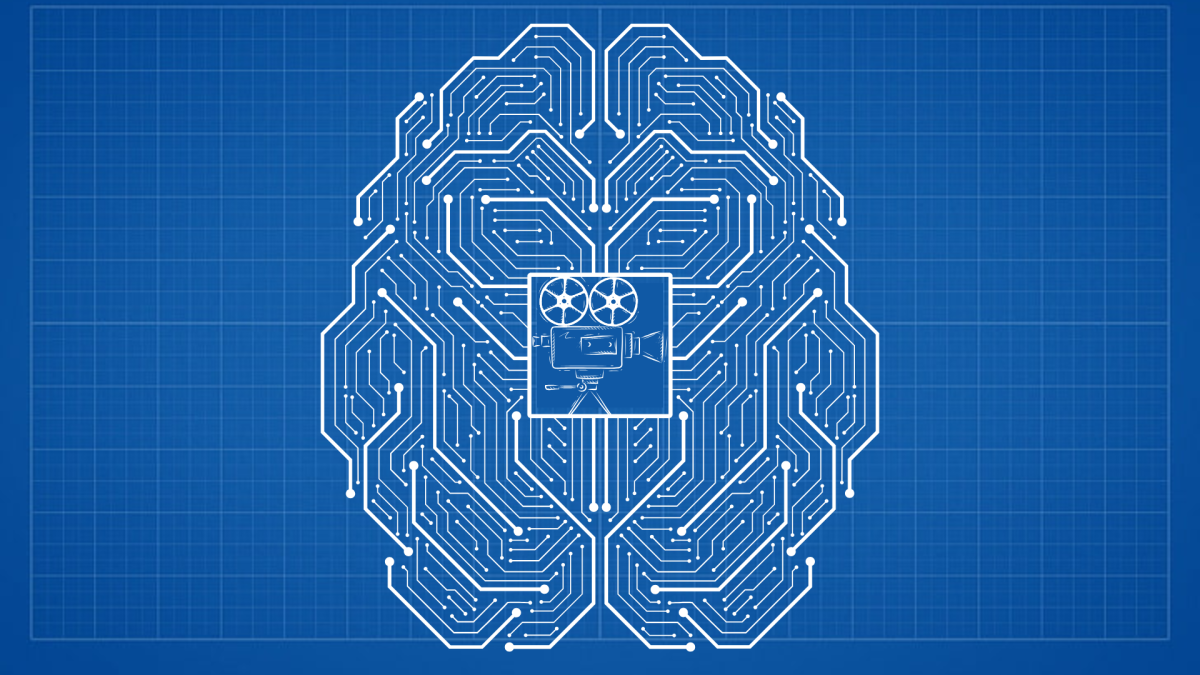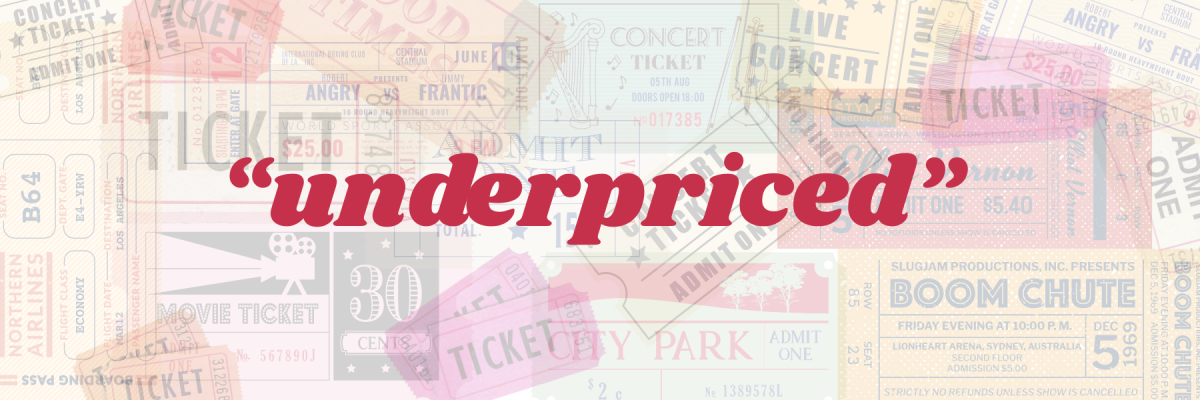Oscar nominee film “The Brutalist” has recently elicited controversy for its use of AI generation, once again igniting debate about the ethics of AI-generated artwork and how it impacts professional artists’ ability to thrive in their industry. While the outrage is justified, it may also be slightly misplaced.
“The Brutalist,” directed by Brady Corbet, was released in 2024 to critical acclaim and has since been nominated for 10 Oscars. The film’s lead editor, Dàvid Jancsó, revealed that AI was used to tweak some Hungarian dialogue spoken by the lead actor, Adrien Brody, who isn’t a native speaker. Furthermore, Jancsó admitted to using AI to generate a background that could’ve been conceptualized by professional artists.
When it comes to AI-generated art, there’s still a lot of debate surrounding how significant the impacts actually are. In this case, it calls into question the authenticity of Brody’s performance because his seemingly perfect Hungarian pronunciation wasn’t his own, though it’s hard to say for sure whether this can be called immoral. It was more of a confusing decision than anything else.
According to Jancsó, Brody was coached on speaking Hungarian and did speak Hungarian in his performance, but Jancsó wanted it to sound more authentic. Doing this probably wasn’t necessary, as imperfect pronunciation wouldn’t have ruined the film. Ironically, the use of AI likely drew more attention to the language and pronunciation aspect than otherwise would have been the case. While less cost-effective, hiring an actor who can speak Hungarian fluently would’ve been a better choice, if the pronunciation was such a problem.
In this particular case, no one’s job was replaced by AI. Still, it’s not unreasonable to assume another production may go even further by replacing the actors, editors or accent and dialect coaches in order to make an American actor speaking a foreign language sound more authentic. It’s important to have a healthy skepticism toward all use of AI, even if it may seem insignificant now.
The AI-generated background is a lot more condemnable. The use of AI is often defended by companies trying to cut costs, which disadvantages professional artists who would be open to taking the job. Again, the pronunciation edits are, if nothing else, at least more defensible than outright snubbing a potentially qualified person out of a job.
It’s especially strange that other outlets seem to be hyperfocusing on the dialogue tweaks, rather than the background. Since Brody was nominated for an award for his acting, the controversy isn’t unfounded, but this sentiment shows just how little recognition these artists have in the public eye. Hundreds of people work on these big-budget films, yet only the smallest fraction of the team is hyperfocused on.
Due to the way society functions, excluding entire professions from being able to earn a wage is unethical. Conflicts of interest between executives and creatives working on a project are nothing new, but AI has the potential to give executives even more creative control over art when it should be the other way around. AI shouldn’t be used to cut creatives out of their own line of work. Instead, under better circumstances, it could be used to make their jobs less stressful.
The use of AI in “The Brutalist” has sparked a needed, albeit, repetitive debate about AI art. It seems like its use will be unavoidable as AI technology continues to improve at a rapid rate. In a society that takes artists for granted, AI could have disastrous consequences on the industry, and the signs are already showing.







